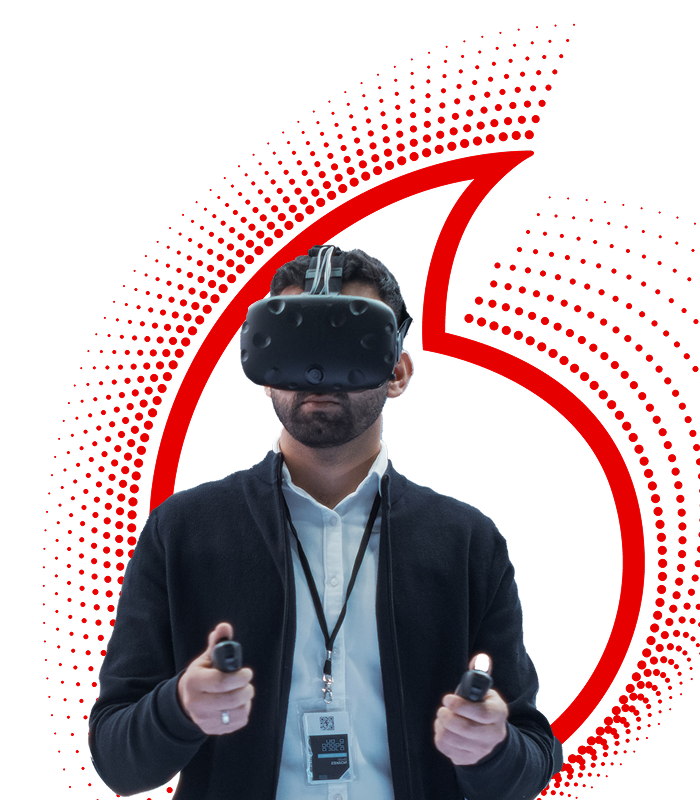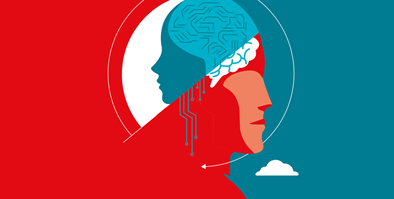AI TECHNOLOGY


Smart solutions for growth
AI will redefine telecommunications, unlocking endless potential to drive expansion. We're continually inventing new AI-driven ways to benefit our customers and enhance our business activities. For example, we're ambitiously integrating cutting-edge GenAI across our operations, and making customer experiences faster and smoother with our world-class AI chatbot.
GAME CHANGER

What is Quantum Computing?
A computing revolution
Quantum computing is a telco game changer. By powering exponentially faster processing, it can transform data analysis tasks and solve ultra-complex problems, bringing vast opportunities to accelerate value for our stakeholders. For example, we’re exploring how quantum technology can make customer experiences better and safer by detecting network anomalies, locate antennas for maximum efficiency, and future-proof cyber security tools.

Quote Icon
Quantum computing is arguably the biggest revolution in computing since the 1950s.”



































